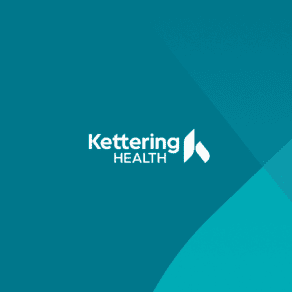Kettering Health provides comprehensive treatment for all forms of heart disease. From medication management to surgical procedures, our care team works together to provide you with the care you need. And knowing how to prevent heart disease can help you avoid a costly procedure. There are several ways you can work to lower your risk.
Our Approach to Heart Disease Prevention
Certain risk factors increase your chances of developing heart and vascular disease. Some risk factors are things you can’t change, like age and family history. Other risk factors can often be controlled with lifestyle changes and sometimes medications.
Risk factors include the following:
- Age
- Abdominal aortic aneurysm
- Carotid artery disease
- Diabetes
- Family history of premature coronary heart disease
- Healthy cholesterol is less than 50 in women and less than 40 in men
- High blood pressure
- Peripheral artery disease
- Smoking
Lower Your Risk
Taking steps to lower your risk factors is key to heart disease prevention.
Improve your diet by increasing your intake of fruits, legumes, vegetables, whole grains, nuts, and lean fish. Cut back on saturated fat and trans fat to lower your bad cholesterol and triglyceride levels. And avoid excessive alcohol consumption.
Quitting smoking is the biggest way to reduce your risk of coronary artery disease. Ask your doctor about nicotine-replacement products and smoking-cessation support.
Work with your primary care physician to manage other conditions, such as diabetes or kidney failure. These conditions can increase your risk of heart disease and need to be properly controlled.
Talk with your healthcare provider about your heart risk and learn how you can improve your heart health and prevent heart disease.





